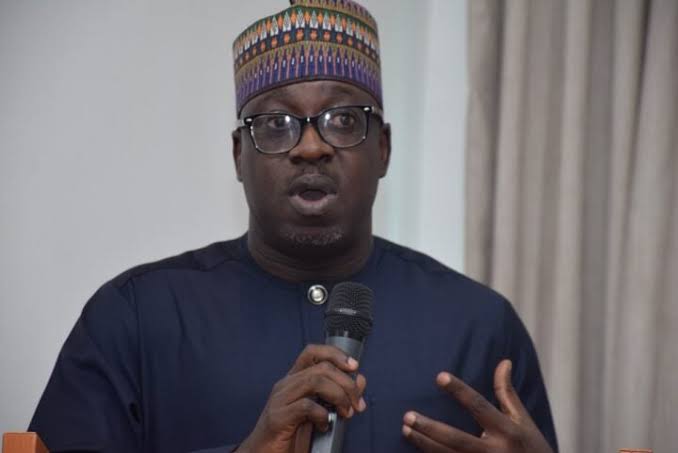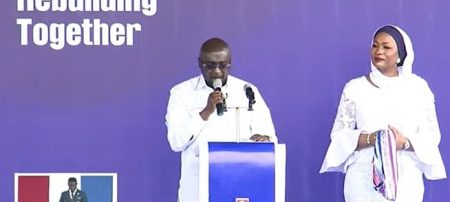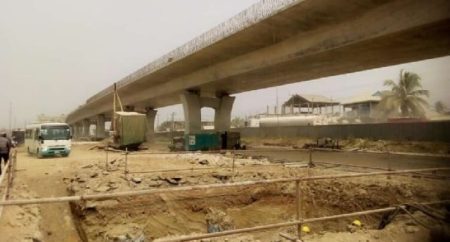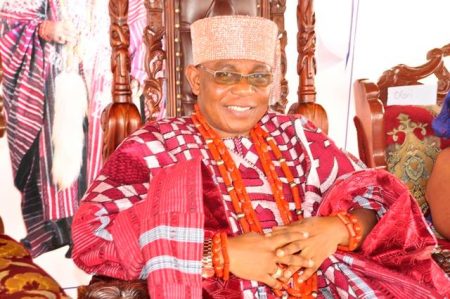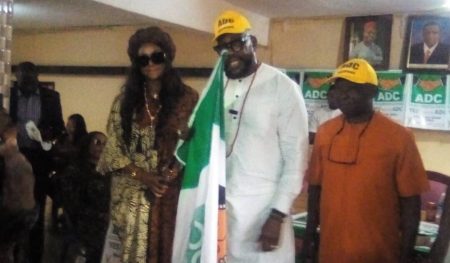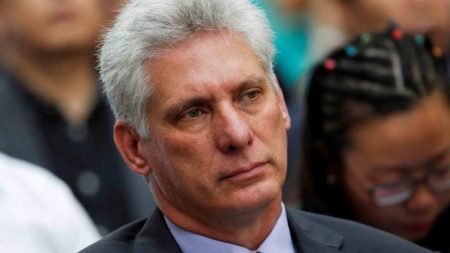The appointment of prominent opposition figures to various government positions by President Bola Ahmed Tinubu has sparked controversy and divided opinions in Nigeria. While some view these appointments as a strategic move towards national unity and inclusivity, others criticize them as mere tokenism, insufficient to address the core issues raised by the opposition, particularly the All Progressives Congress (APC) and its North-Central caucus. This dissenting voice argues that these appointments fail to reflect the true spirit of reconciliation and equitable representation, considering the significant contributions of the North-Central zone to the APC’s electoral victory. They contend that the appointments are cosmetic, lacking substantive power and influence, and therefore unlikely to satisfy the demands for more meaningful inclusion in the government.
The core of the criticism revolves around the perception of imbalance in political appointments. The North-Central zone, despite its robust support for the APC, feels marginalized and underrepresented in key government positions. This sentiment is fueled by the belief that the appointments offered are largely symbolic, lacking the portfolio weight and decision-making authority commensurate with the region’s political clout. Critics argue that the allocation of relatively minor positions to individuals from the North-Central zone is a disservice to their contributions and reinforces the feeling of being politically sidelined. This perceived inequity undermines the president’s message of unity and raises concerns about his commitment to a truly inclusive government.
Adding fuel to the fire is the ongoing contention surrounding the zoning arrangement within the APC. The North-Central zone believes it has been unfairly treated in the allocation of key leadership positions within the party and the government. This perceived marginalization is seen as a breach of the party’s informal zoning agreement, which aims to ensure equitable distribution of power across different regions. The critics contend that the current appointments further exacerbate this existing grievance, highlighting a pattern of disregard for the North-Central zone’s political aspirations and contributions. They argue that the president’s actions betray a lack of commitment to the principles of fairness and equity that underpin the zoning arrangement.
The controversy surrounding these appointments underscores the delicate balance between political expediency and the genuine pursuit of national unity. While strategic appointments can be a valuable tool for building bridges and fostering inclusivity, they must be substantive and reflect a genuine commitment to power-sharing. Token appointments, devoid of real power and influence, are likely to be perceived as cynical maneuvers, exacerbating existing grievances and further polarizing the political landscape. The president’s actions are being closely scrutinized, with critics questioning whether his appointments are genuinely aimed at fostering national unity or merely serve as a political tactic to appease dissent and consolidate power.
Moreover, the criticism of these appointments highlights the complex dynamics of identity politics in Nigeria. The allocation of political positions is often viewed through the lens of regional and ethnic representation, with various groups vying for their perceived share of power. The discontent expressed by the North-Central zone underscores the importance of addressing these sensitivities and ensuring that all regions feel adequately represented in the government. Failure to do so risks fueling further divisions and undermining the very unity that the appointments were ostensibly intended to promote. The president’s challenge lies in navigating these complex dynamics and finding a balance that satisfies the competing demands of different regions and interest groups.
In conclusion, the controversy surrounding the recent political appointments serves as a stark reminder of the challenges inherent in building a truly inclusive and representative government in a diverse nation like Nigeria. While strategic appointments can be a valuable tool for promoting national unity, they must be accompanied by a genuine commitment to equitable power-sharing and meaningful representation. Token appointments, lacking in substance and influence, are likely to backfire, exacerbating existing grievances and further polarizing the political landscape. The president’s actions in the coming months will be crucial in determining whether he can bridge the divides and build a government that truly reflects the diversity and aspirations of all Nigerians. The focus will be on whether he can move beyond symbolic gestures and implement policies that address the underlying issues of marginalization and inequality that continue to fuel political tensions.





